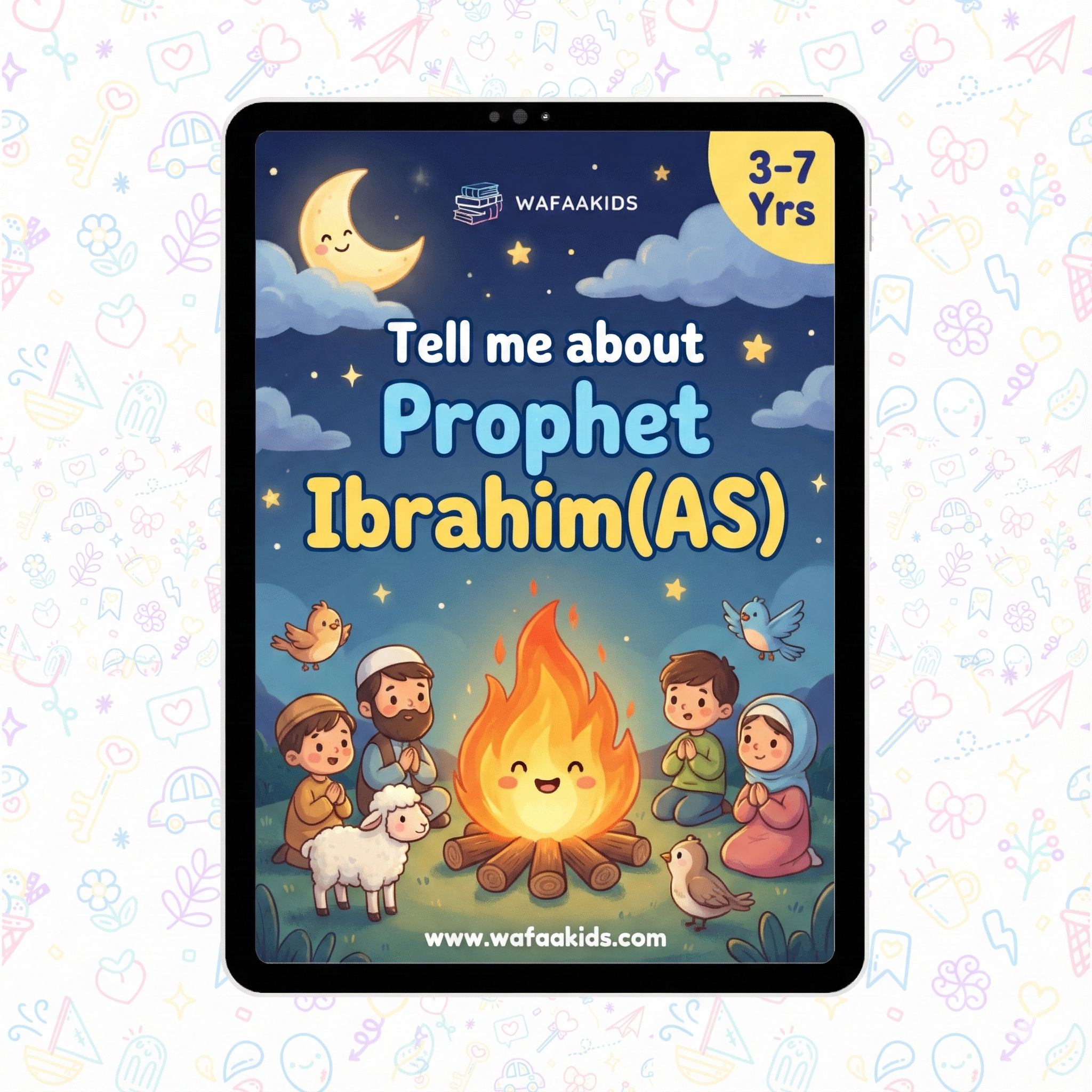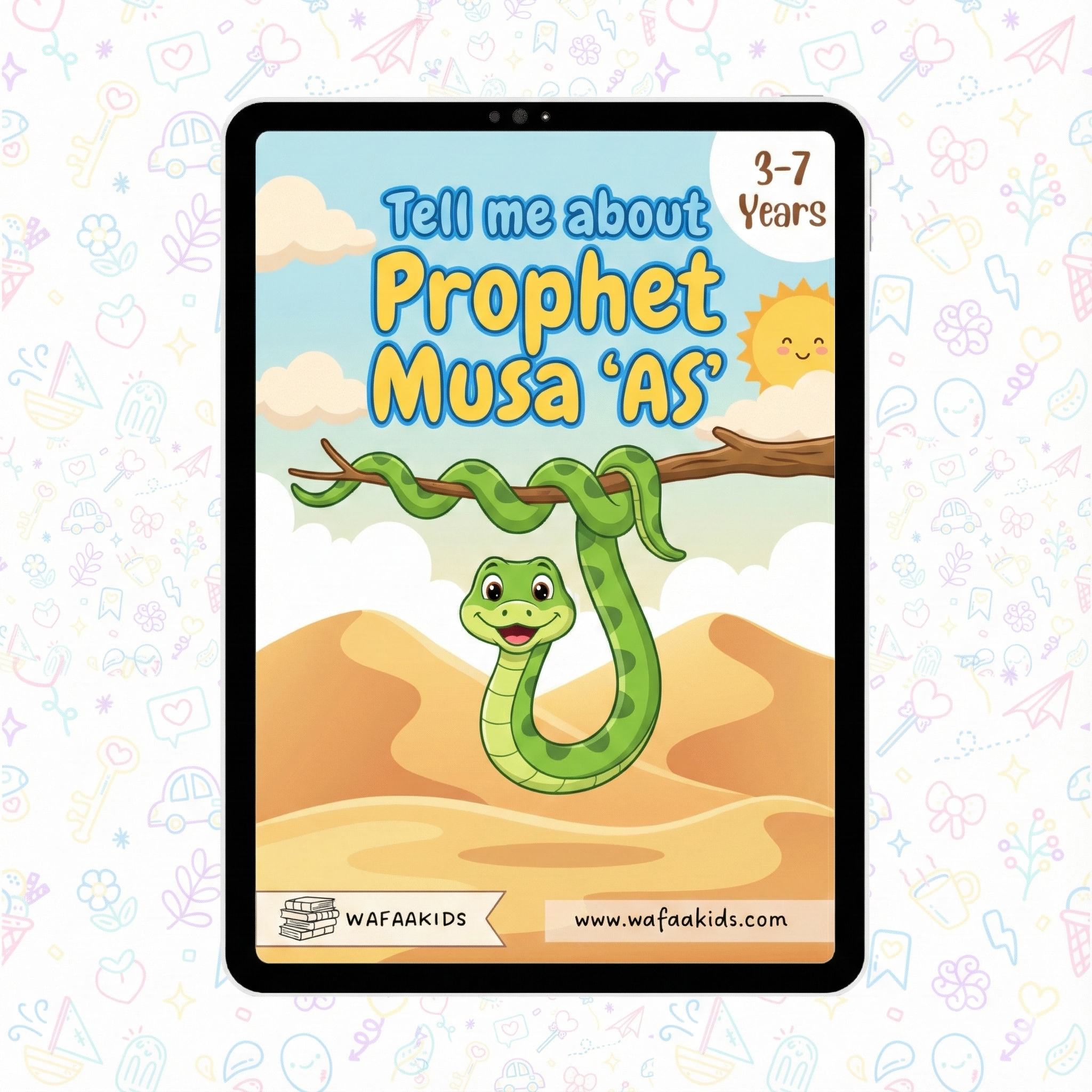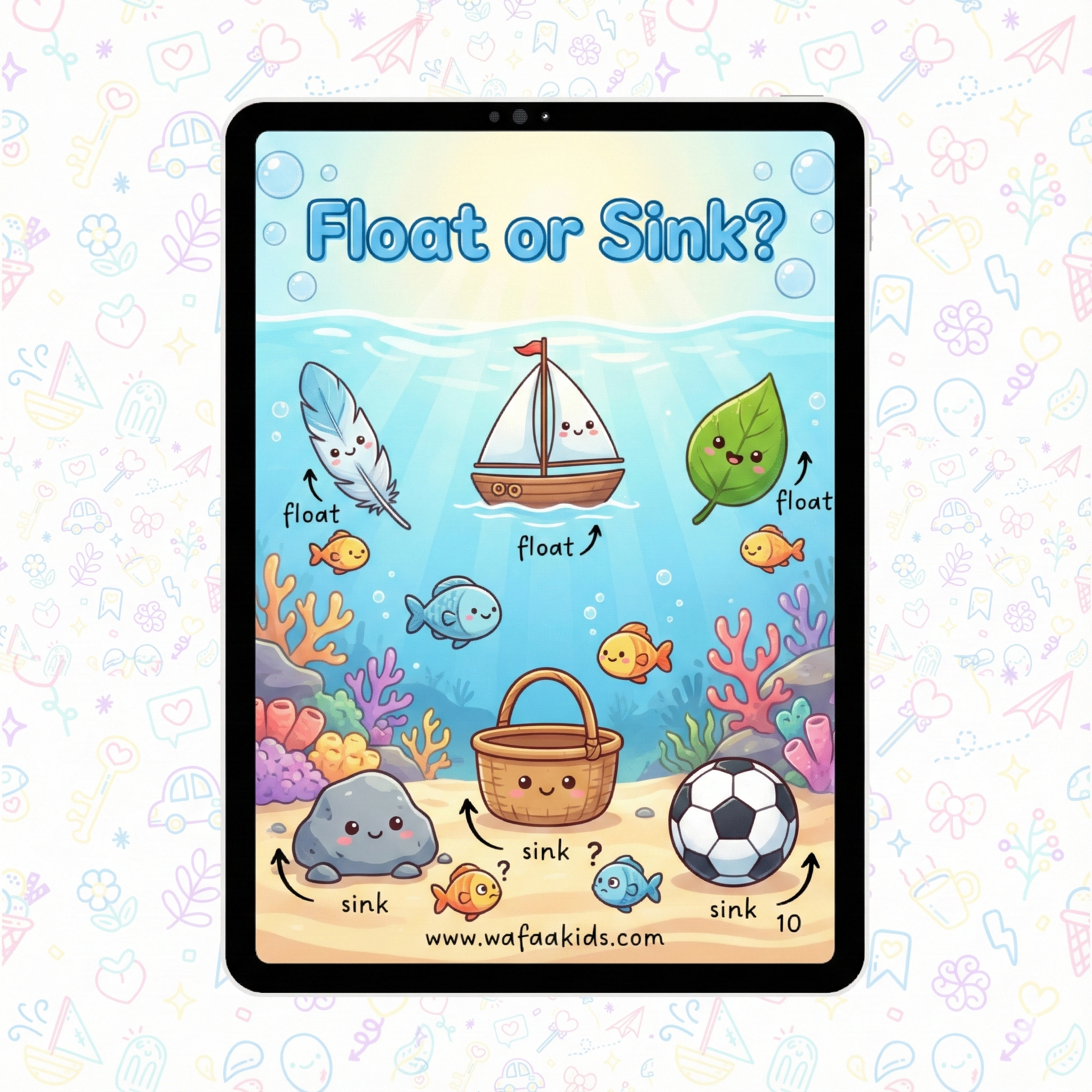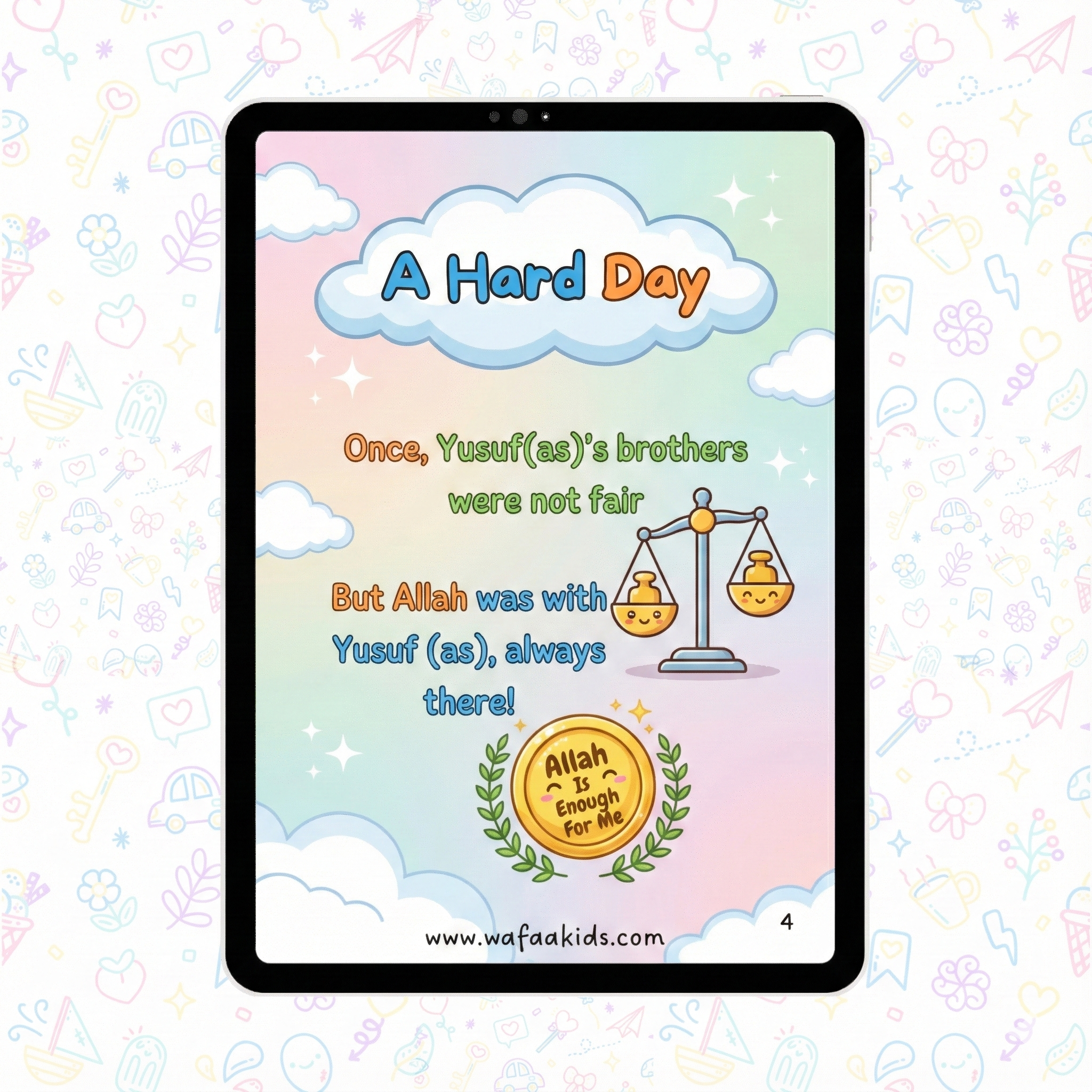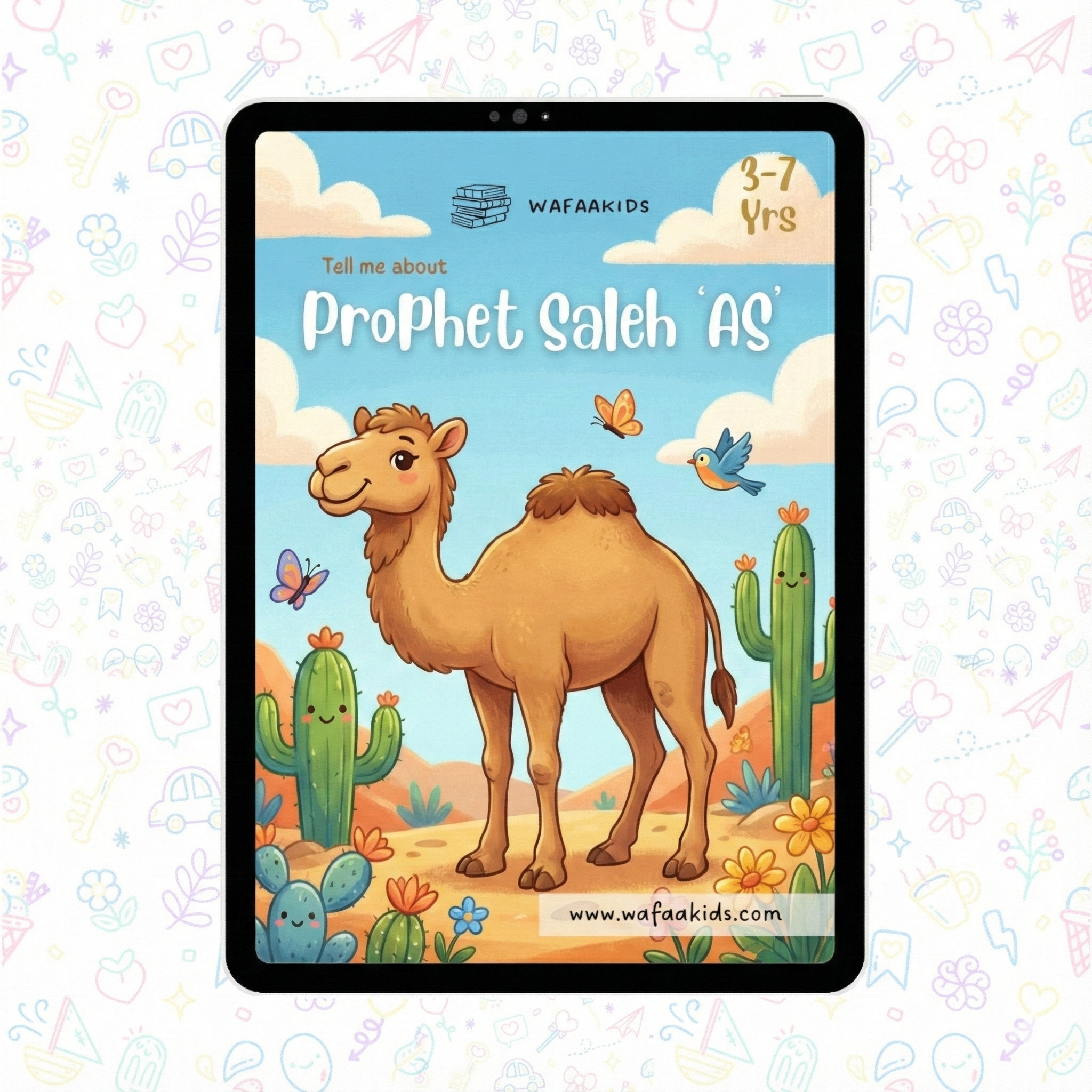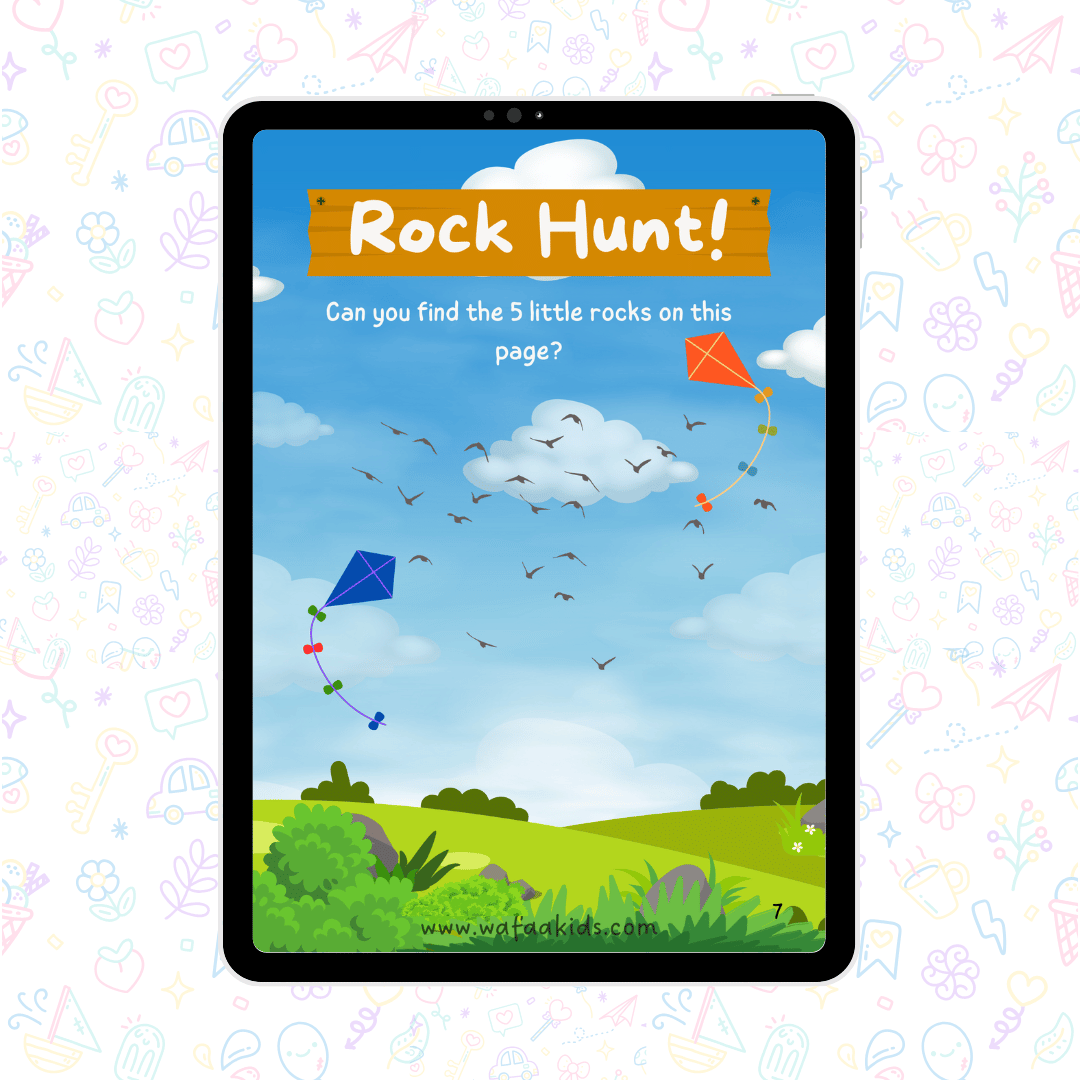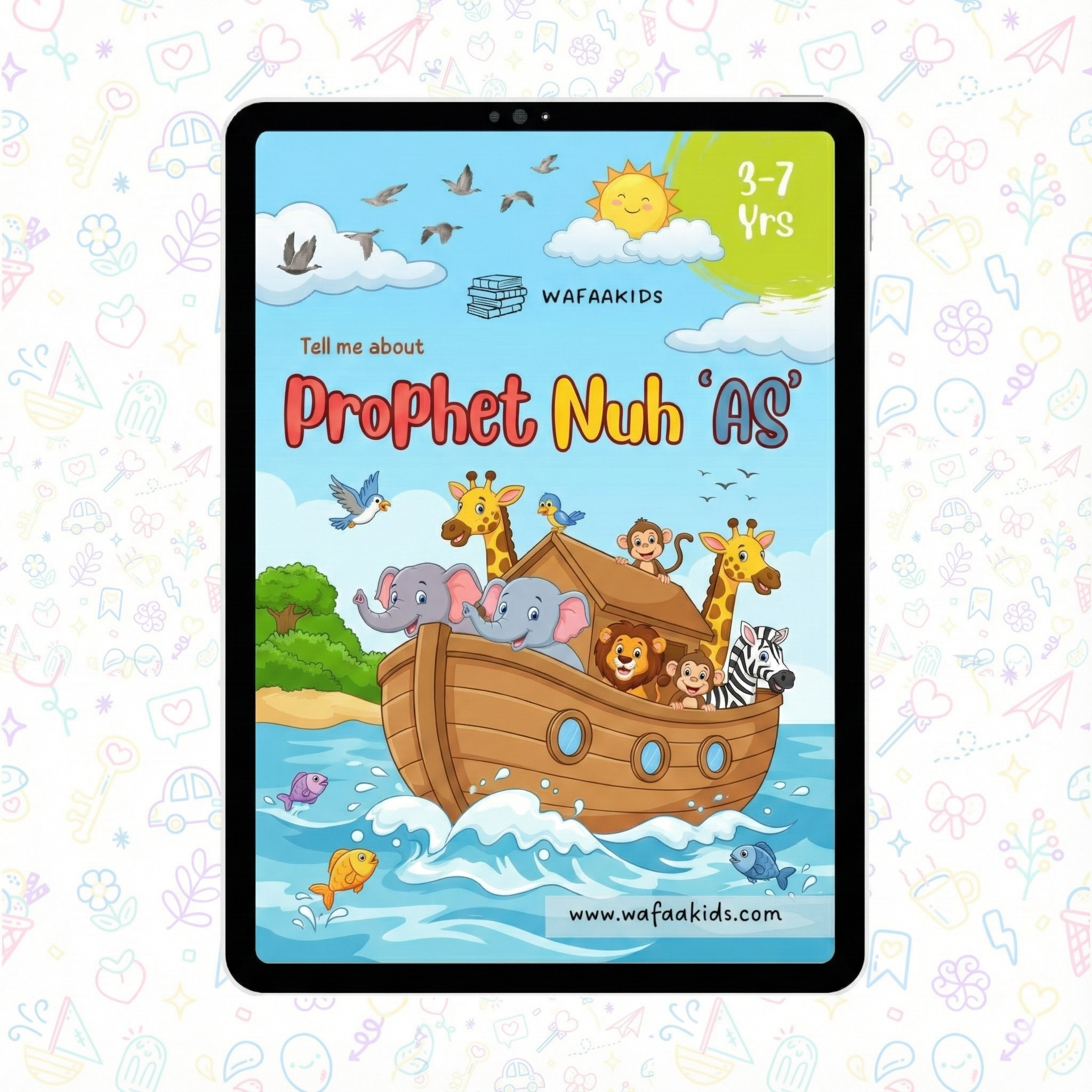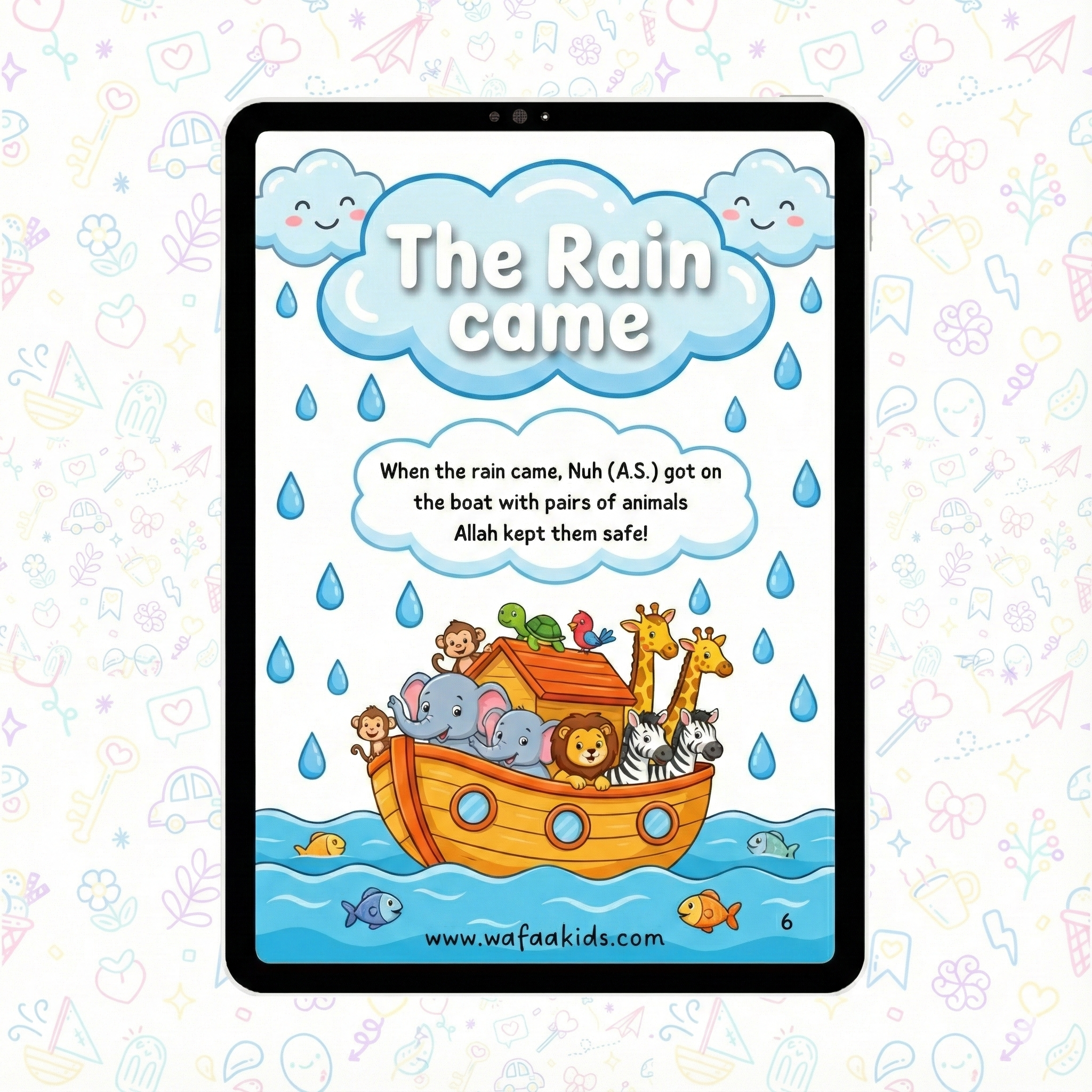The Best 4 Techniques to Learn How to Read Quran Singapore

Learn to read Quran singapore is an essential part of Islamic education. Being able to read Quranic verses is not only a direct way of communicating with Allah but also an act of worship. Quranic education is not only for Muslims who want to become scholars, but it is for every Muslim who wants to connect with Allah. Quranic education is essential for every Muslim to learn how to read Quranic verses correctly. However, finding the best ways to learn Quranic reading can be challenging, especially for those living in Singapore. Singapore is a diverse country with a busy lifestyle, and it can be challenging to find the time and resources to learn Quranic reading correctly.
Common challenges when learning to read Quran in Singapore
Learn to read Quran Singapore can be challenging for several reasons. Firstly, Singapore is a diverse country with a multicultural population. Muslims in Singapore come from various ethnic backgrounds, and this can make it difficult for them to find a Quranic teacher who speaks their native language. Secondly, Singapore is a busy city-state with a fast-paced lifestyle. Many Muslims in Singapore lead busy lives, and it can be challenging to find the time to attend Quranic classes. Lastly, there is a lack of quality Quranic teachers in Singapore.
Animtion Stories By Our Children
Tips for effective Quranic learning
Effective Quranic learning requires dedication, effort, and patience. Here are some tips for effective learning:
Set a specific time for Quranic learning every day: Quranic learning requires regular practice. Set a specific time every day for Quranic learning, and try to stick to it.
Focus on understanding: Quranic learning is not only about memorization. It is essential to understand the meaning behind the verses. Focus on understanding the verses and their context.
Find a good Quranic teacher: In WafaaKids, We provide that kind of online teachers who is knowledgeable, patient, and can communicate effectively
Practice regularly: Regular practice is necessary for effective Quranic learning. Practice reciting the verses regularly, and try to memorize them.
Resources for Quranic education in Singapore
There are several resources available in Singapore for Quranic education. Here are some resources to consider:
Mosques: Many mosques in Singapore offer Quranic classes for children and adults.
Islamic centers: Islamic centers in Singapore offer Quranic classes and other Islamic courses.
Online resources: There are several online resources available for Quranic learning, including Quranic websites, apps, and videos.
Techniques for learning to read Quran
Learning to read Quran requires specific techniques. Here are some techniques to consider:
Start with the basics: Start by learning the Arabic alphabet and the vowels. This will help you read Quranic verses correctly.
Learn the Tajweed rules: Tajweed is the science of reciting the Quran correctly. Learning the Tajweed rules is essential for reading Quranic verses correctly.
Practice regularly: Regular practice is necessary for learning to read Quran. Practice reciting the verses regularly, and try to memorize them.
Quranic recitation and memorization
Reciting and memorizing Quranic verses is an essential part of Quranic education. Here are some tips for Quranic recitation and memorization:
Recite with Tajweed: Reciting Quranic verses with Tajweed is essential for reading them correctly.
Listen to Quranic recitation: Listening to Quranic recitation can help you improve your pronunciation and recitation.
Memorize Quranic verses: Memorizing Quranic verses is a rewarding experience. Start with small verses and gradually move on to longer chapters.
Quranic learning for children in Singapore
Quranic learning is essential for children in Singapore. Here are some tips for Quranic learning for children:
Start early: Start teaching Quranic education to children at a young age.
Make it fun: Make Quranic learning fun for children by using games, stories, and songs.
Find a good Quranic teacher: Finding a good Quranic teacher for children is essential for effective Quranic learning.
Quranic learning for adults in Singapore
Quranic learning is not only for children but also for adults in Singapore. Here are some tips for Quranic learning for adults:
Find a suitable Quranic class: Look for a Quranic class that suits your level and schedule.
Join a Quranic study group: Joining a Quranic study group can help you learn Quranic verses effectively.
Attend Quranic lectures: Attending Quranic lectures can help you understand the Quranic verses in their context.
How WafaaKids will help you in learn to read Quran Singapore ?
wafaaKids is an online Quranic learning platform that offers Quranic courses for children and adults. Our courses are taught by experienced Quranic teachers who are fluent in English and Arabic. We use modern teaching methods and technology to make Quranic learning accessible and convenient. Our courses are tailored to suit the needs of each student, and we provide personalized feedback to help students improve their Quranic reading skills. With wafaaKids, you can learn to read Quran in Singapore from the comfort of your own home. quran reading classes singapore
Online Quranic learning options
Online Quranic learning is becoming increasingly popular. Here are some online Quranic learning options:
Quranic websites: There are several Quranic websites that offer online Quranic courses.
Quranic apps: Quranic apps are available for smartphones and tablets, making Quranic learning accessible and convenient.
Quranic videos: There are several Quranic videos available on YouTube and other platforms that can help you learn Quranic verses.
In conclusion, learning to read Quran is a noble and rewarding experience for Muslims all over the world. While it can be challenging to find the best ways to learn Quranic reading in Singapore, there are several resources and techniques available to help you. Whether you choose to attend Quranic classes, join a study group, or learn online, remember to practice regularly, focus on understanding the verses, and find a good Quranic teacher. With dedication, effort, and patience, you can learn to read Quranic verses correctly and connect with Allah.
Our E-books
Prophet Ibrahim Story – Islamic Ebooks For Kids
$3.99Original price was: $3.99.$0.00Current price is: $0.00.Prophet Ismail Story – Islamic Ebooks For Kids
$3.99Original price was: $3.99.$1.99Current price is: $1.99.Prophet Musa story – Islamic Ebooks For Kids
$3.99Original price was: $3.99.$1.99Current price is: $1.99.Prophet Yusuf Story – Islamic Ebooks For Kids
$3.99Original price was: $3.99.$1.99Current price is: $1.99.Prophet Salih Story – Islamic Ebooks For Kids
$3.99Original price was: $3.99.$1.99Current price is: $1.99.Prophet Nuh Story – Islamic Ebooks For Kids
$3.99Original price was: $3.99.$1.99Current price is: $1.99.
Table of Contents
Newsletter
Signup our newsletter to get update information, insight & news.
Meet Our Kids
Hassan Abd Hifz
6 years old
Yassmin hisham
10 years ols
Why do you wait … 15% Discount on your first month’s payment with WafaaKids. Join US Now…
Parents Say About WafaaKids.
4.9
(121 Review) From preply




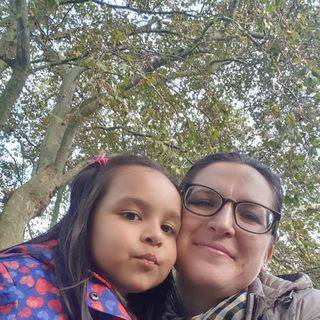




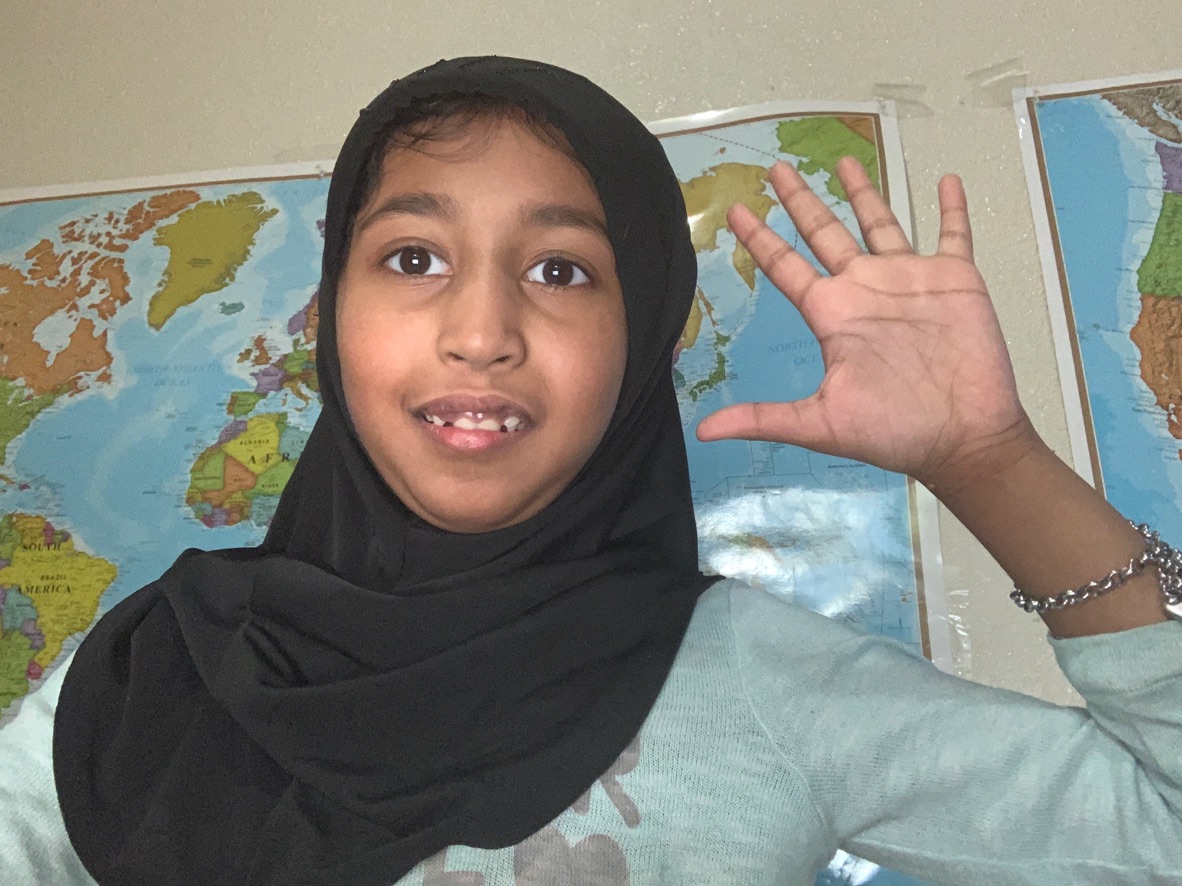
FAQs
You ask, We answer
The first step is to fill out a quick form The Form and we will send you the link of your Trial lesson on your mail and what’s app.
We are providing an onsite lessons only in Egypt, Otherwise will be online via any video call platform like Zoom.
Most students enroll in the Basic plan. The average student at WafaaKids spends around $64 per month. This approximately amounts to 8 teaching hours per month or 2 x 1-hour lessons per week which are suited for most levels and ensure the program goals are met. The pricing can be slightly different depending on the plan. We can see our pricing plans from here –> Pricing Plan
Over the years, we have had successes with very young students but we recognize that every child is different and some might have difficulty interacting with a teacher online. In general, we found that starting from age 7, there are rarely any issues with teaching online.
For younger ages, a guardian might need to accompany the student during the lessons initially to provide support until the student gets used to his/her teacher.
We understand that quality education can get expensive and therefore we offer a number of discounts to maximize the benefit for our students enrolled in our programs.
(1) Family Discounts: Students enrolled in our Basic and Pro plans receive 10% and 5% off respectively when 2 or more members of their family are enrolled in the same plan.
(2) Zakat Fund: For students who experience financial hardship, WafaaKids maintains a Zakat eligible fund that is used towards partially or fully subsidizing fees. You will be required to provide documentation to demonstrate your eligibility.

